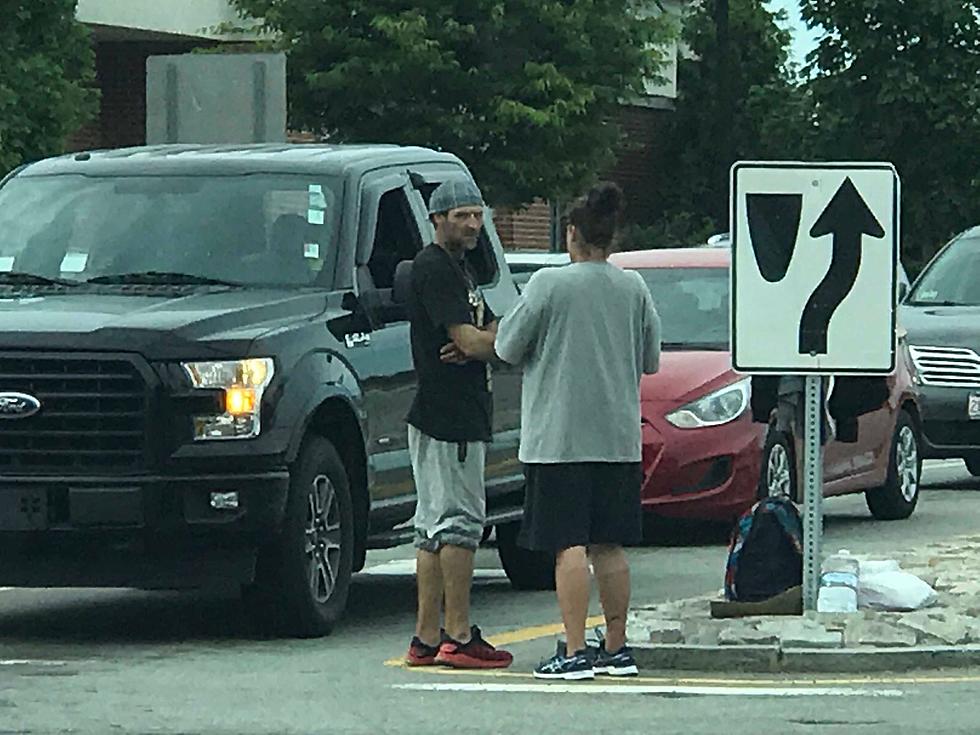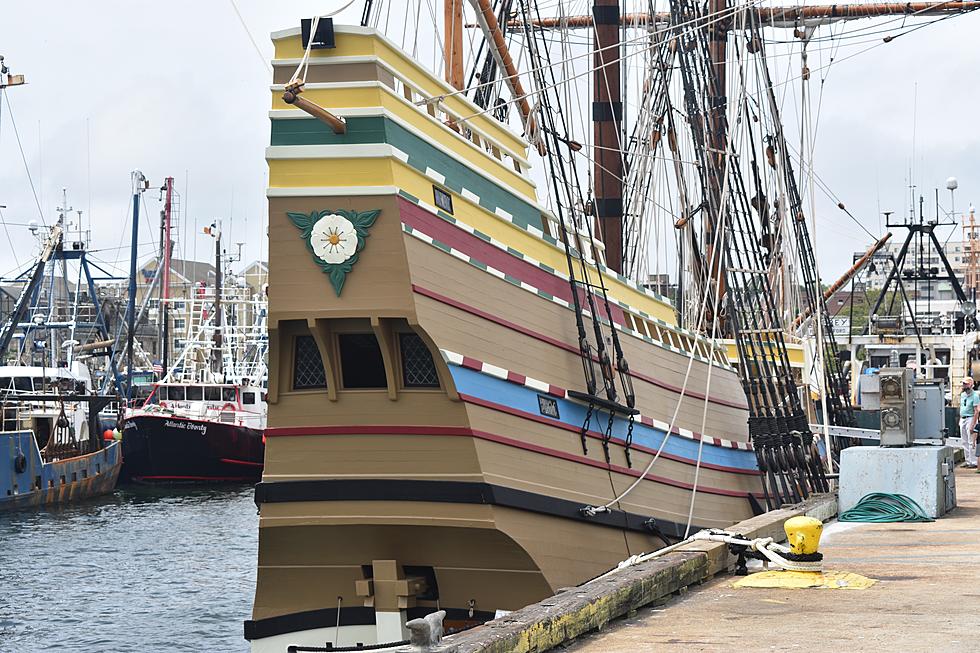
President Obama In Selma Marks 50th Anniversary of Civil Rights March
America's racial history "still casts its long shadow upon us," President Barack Obama said Saturday as he stood in solidarity and remembrance with civil rights activists whose beatings by police a half-century ago galvanized much of the nation against racial oppression and hastened passage of historic voting rights for minorities. Tens of thousands of people joined to commemorate the "Bloody Sunday" march of 1965 and take stock of the struggle for equality.
Under a bright sun, the first black U.S. president praised the figures of a civil rights era that he was too young to know but that helped him break the ultimate racial barrier in political history with his ascension to the highest office. He called them "warriors of justice" who pushed America closer to a more perfect union.
"So much of our turbulent history - the stain of slavery and anguish of civil war, the yoke of segregation and tyranny of Jim Crow, the death of four little girls in Birmingham, and the dream of a Baptist preacher - met on this bridge," Obama told the crowd before taking a symbolic walk across part of the Edmund Pettus Bridge, where the 1965 march erupted into police violence.
"It was not a clash of armies, but a clash of wills, a contest to determine the meaning of America," Obama said. He was 3 years old at the time of the march.
A veteran of that clash, Rep. John Lewis, who was brought down by police truncheons that day in 1965 and suffered a skull fracture, exhorted the crowd to press on with the work of racial justice.
"Get out there and push and pull until we redeem the soul of America," Lewis said. He was the youngest and is the last survivor of the Big Six civil rights activists, a group led by the Rev. Martin Luther King Jr. that had the greatest impact on the movement.
More From WBSM-AM/AM 1420
![No Police, No Peace for New Bedford [PHIL-OSOPHY]](http://townsquare.media/site/518/files/2017/01/new-bedford-police.jpg?w=980&q=75)




![An Answer to the Highest Calling of Our Hearts [SOUTHCOAST VOICES]](http://townsquare.media/site/518/files/2020/08/BLM-at-Lewis-Ceremony.jpg?w=980&q=75)



